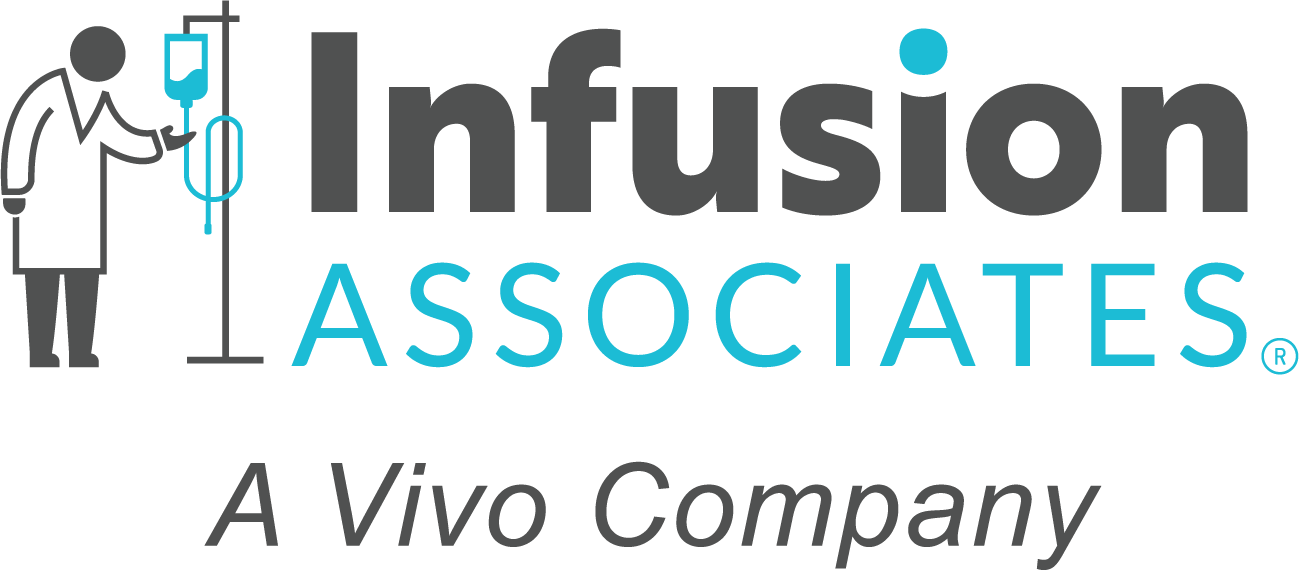Being diagnosed with a progressive health condition is scary. And, when the condition is rare and significantly disrupts your daily life and sense of independence, it’s easy to become overwhelmed and to feel hopeless. Such is the case with illnesses like myasthenia gravis. The disorder is so all-encompassing, you feel you don’t have enough strength to do simple tasks such as eating and breathing comfortably. This is when infusion therapy can help.
What is myasthenia gravis?
Myasthenia gravis (MG) is a condition that causes muscle weakness and fatigue. Although the patient can experience relief while resting, symptoms worsen as years go by, affecting the ability to move the arms and/or legs. In more severe cases, it can also affect a person’s ability to speak, chew, swallow, and breathe. The condition has no cure. However, adequate treatment can help relieve symptoms.
Some of the earliest signs of myasthenia gravis include drooping eyelids, double vision, and involuntary changes in facial expressions. Some patients may also find it difficult to hold their head upright. The condition is caused when the immune system produces antibodies that block the muscles’ communication with the nerves.
Myasthenia gravis may be exacerbated by large amounts of stress, fatigue, an underlying illness, menstrual periods, and pregnancy. Left untreated, MG could be life-threatening.
Treatment Options for Myasthenia Gravis
Traditional treatment options for myasthenia gravis include oral medications that promote communication between the muscles and the nerves. Corticosteroids can also work by limiting the immune system’s production of antibodies. Side effects of these medications may increase the risk of damage to the kidneys and/or gastrointestinal tract.
Infusion therapy is available through a medication called intravenous immunoglobulin (IVIg). It’s made from pooled immunoglobulins from the plasma of healthy donors. As opposed to other forms of medications, it does not increase the risk of infection. It is also considered safe to use during pregnancy and breastfeeding.
IVIg works by altering your immune system and neutralizing or destroying damaging antibodies. This type of treatment is used for patients with severe or rapidly worsening symptoms of MG.
What is infusion therapy?
Infusion therapy involves administering medication through intravenous injection (IV). It is an ideal form of treatment for individuals for whom oral medications have failed to provide relief. It’s also a viable option for patients with a medical condition that makes it difficult to swallow drugs.
In addition to its practicality, it provides faster relief. This is because — unlike oral medications — it doesn’t have to be digested by your body. As soon as it is administered, it reaches your bloodstream.
Side Effects of Infusion Therapy
As with any prescription medication, IVIg may carry a risk of side effects. The most common ones include:
- Itching
- Extreme tiredness
- Dizziness
- Chest tightness
- Muscle cramps
- Chills
- Coughing
- Sneezing
- Joint pain
- Abdominal pain
In rare instances, a patient may experience more serious side effects, such as blood clots, kidney disease, or aseptic meningitis. Tell your doctor immediately if you experience pain, warmth, swelling of your arms or legs, chest pain, fast heart rate, weakness on one side of your body, shortness of breath, severe headaches, stiff neck, fever, fatigue, nausea, vomiting, sensitivity to light, or eye pain.
What To Expect
When you first visit one of the Infusion Associates facilities, you’ll sit down with one of our healthcare professionals. The purpose of this meeting is to provide you with an overview of what to expect and to explain the details of your treatment. This includes information about dosage, length of each infusion, and the likelihood of side effects. This is also an opportunity for you to ask questions and bring up concerns you may have.
We also make it a priority to ensure all our patients feel as comfortable as possible. If you’d prefer a private room, you may request one. Once you’re settled in, you’ll receive your infusion treatment in a cozy reclining chair. We also provide several amenities — including blankets, televisions, WiFi, water, tea, or coffee. You can also bring your own snacks or beverage of choice. In addition, you’ll have a nurse monitoring the infusion to ensure that everything goes smoothly.
If Your Doctor Has Recommended Infusion Therapy, We Can Help
At Infusion Associates, we provide medically-prescribed infusion therapy for patients with chronic conditions in a welcoming and friendly environment. Our team of healthcare professionals is committed to making the experience as comfortable as possible. We always inform patients of any potential side effects and answer all their questions before starting treatment. In addition, we have a Registered Pharmacist on staff to make the process as seamless as possible.
If you would like to refer a patient to us or want to inquire about the treatments we offer, you can contact us by calling us at (616) 954-0600 or filling out this form.

